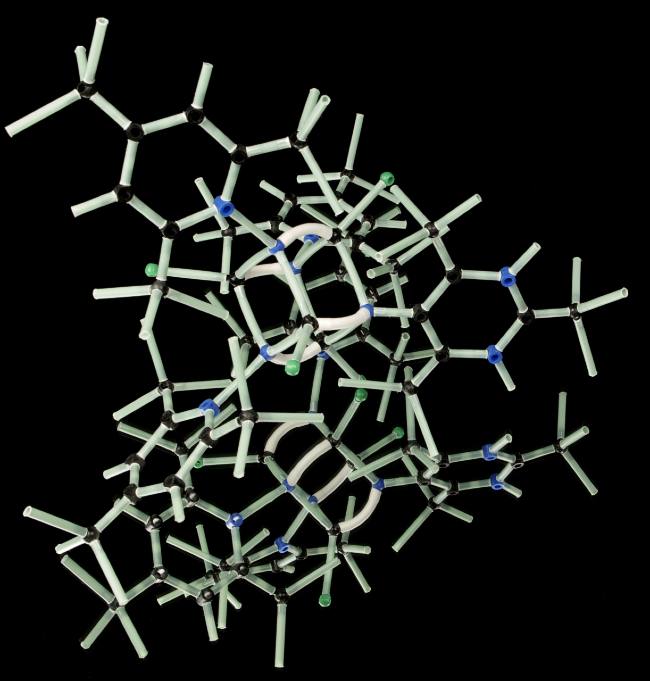Most of the risk factors for gum disease are within our control to avoid, but have you ever wondered if genetics play a part in the health of your gums?
Genetic Markers and Susceptibility
Scientists have identified specific genetic markers associated with an increased risk of developing gum disease. One of the most well-studied genetic variants is the interleukin-1 gene cluster (IL-1), which is involved in regulating the body’s immune response. Certain variations in the IL-1 gene cluster have been linked to an elevated risk of developing severe periodontitis.
Other genes, such as the gene encoding for the receptor for advanced glycation end products (RAGE), have also been associated with increased susceptibility to gum disease.
Interaction Between Genetics and Environment
While genetics play a role in gum disease susceptibility, it is important to note that they do not act alone. According to Dr. David Mugford of the Crofton, MD-based Mugford Center for Periodontics and Dental Implants, “Environmental factors, such as smoking, stress, poor nutrition, and inadequate oral hygiene practices, can significantly impact gum disease development. We often see genetic factors interacting with these environmental influences, making it crucial for individuals to maintain good oral hygiene and adopt a healthy lifestyle to mitigate the risk of gum disease.”
In other words, your parents having gum disease does not guarantee that you will develop it, too, but it can help you and a dental health professional better plan your dental care regimen.
Besides a weak immune system and genetics, other risk factors can be managed to prevent or treat different stages of gum disease.
Implications for Treatment and Prevention
Understanding the genetic component of gum disease can have significant implications for treatment and prevention strategies. By identifying individuals with genetic predispositions, healthcare professionals can tailor treatment plans accordingly. For example, patients with a high genetic risk may require more frequent dental cleanings or more aggressive treatment approaches to manage their gum disease effectively.
Furthermore, genetic research can lead to the development of personalized preventive measures. Individuals with a higher genetic risk could be advised to adopt stricter oral hygiene practices, receive regular professional cleanings, and be educated about the importance of maintaining their oral health.
What Can I Do to Prevent or Manage Gum Disease?
Brushing twice a day and flossing once a day are essential to preventing gum disease. You can also incorporate mouthwash into your daily oral hygiene routine to help clean your teeth and gums. If you currently have gingivitis or periodontitis, you can prevent these conditions from worsening by maintaining good oral hygiene as well.
Certain lifestyle changes and stress management also can help prevent gum disease. Exercising, eating healthful meals, and getting enough sleep can help you beyond the health of your smile, but they also double as ways to reduce your risk. If you are a smoker, quitting smoking is another lifestyle change you can make to manage periodontal disease.
Summary
Gum disease is a multifactorial condition influenced by a combination of genetic and environmental factors. While genetics alone do not determine whether an individual will develop gum disease, they play a significant role in influencing susceptibility. By understanding the genetic impact on gum disease, we can develop better treatment and prevention strategies to safeguard oral health. Ultimately, maintaining excellent oral hygiene practices and seeking professional dental care remain crucial for preventing gum disease, regardless of genetic predisposition.
If you have concerns about the health of your gums, contact our office, and we can help you develop a dental care plan based on your health needs. Give us a call today to schedule your exam: (410) 260-0790.

